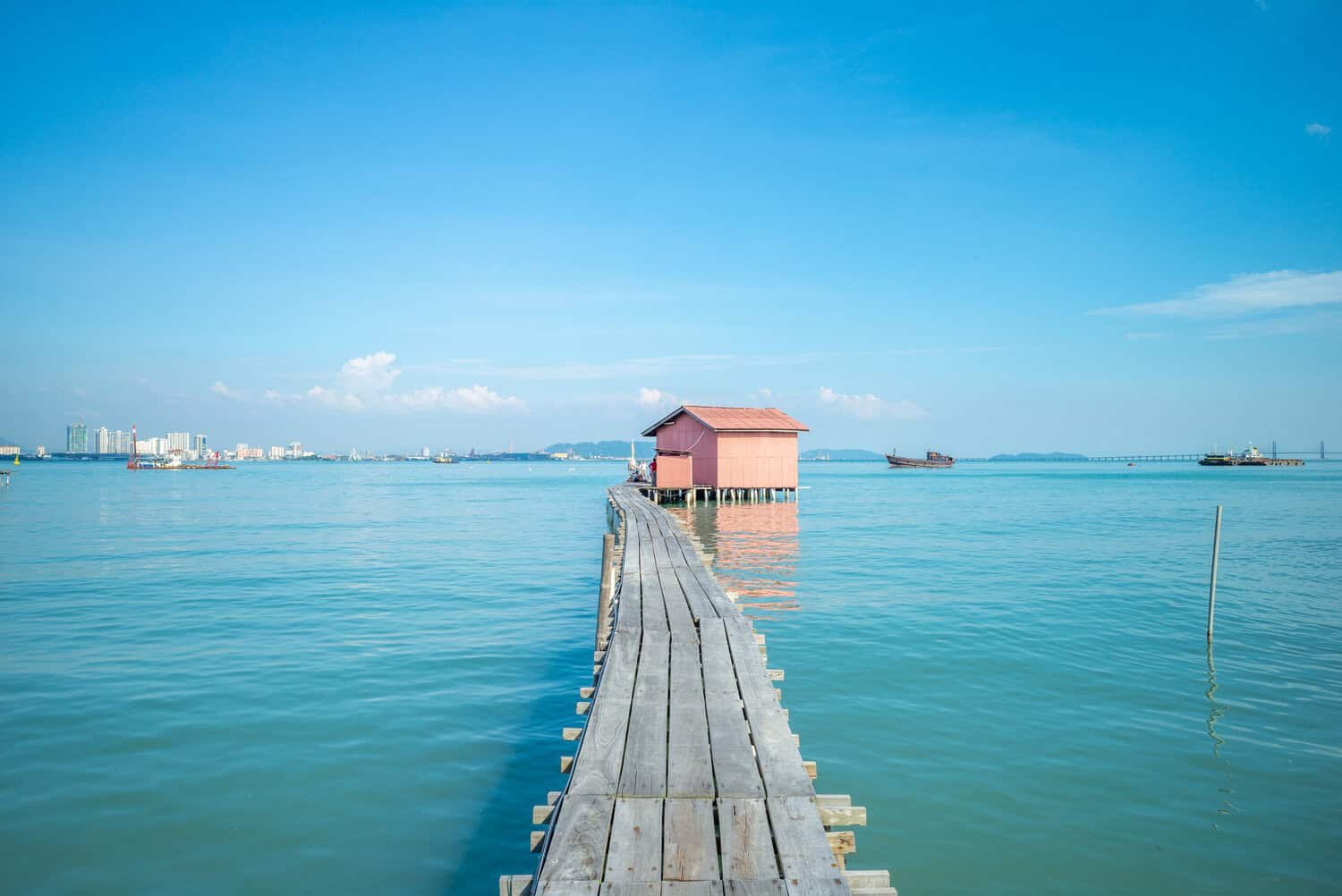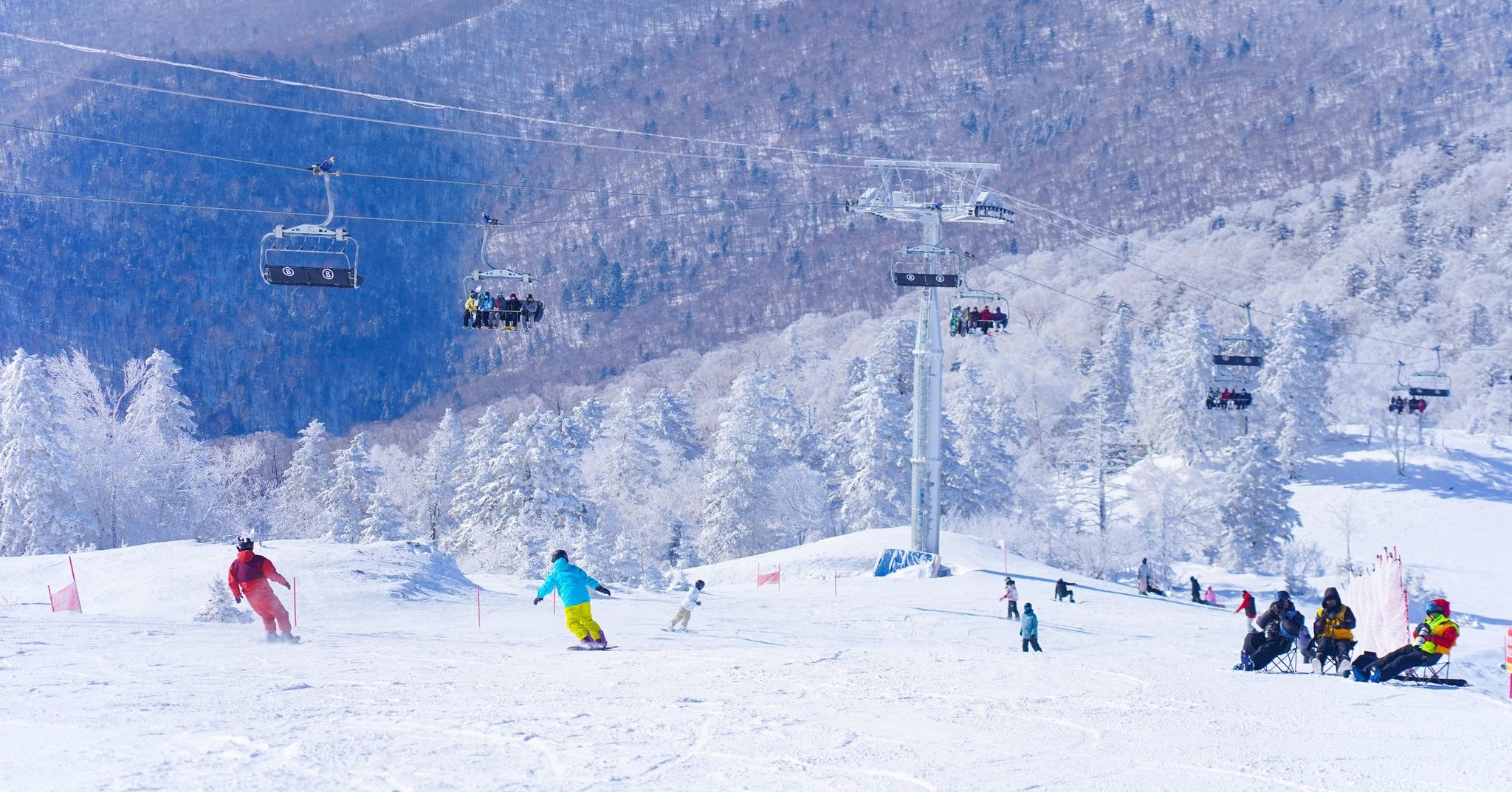Nine times out of 10, hitting the road hard means giving up on certain creature comforts. For instance, it’d be silly for an adventurer to expect bacon and eggs at every bed and breakfast in the Chinese countryside or insist on Wi-Fi amidst mountainous ranges. Such material indulgences are what make one’s return home even sweeter.
Nevertheless, the burgeoning food industry and rising rural tourism sector make it even easier to cop decent bites and beverages in bucolic destinations. WildChina’s latest project in East China’s Zhejiang province is concrete proof of this.



A blueprint for slow-paced living, WildChina Studio transforms the austerity of the Chinese countryside into a new kind of luxury. Instead of razing a ramshackle folk home, Beijing-based MDDM Studio used minimal intervention to turn it into a coffeehouse and multipurpose space.
“The new space called Studio is in a beautiful, far-flung region of China,” enthused Haena Seongsin Kim, director of WildChina Education. “It’s a cafe, but it’s also an art gallery, a gathering space, and a pitstop for independent travelers who happen to stumble upon this hidden location that is Songyang in Lishui, Zhejiang province.”

Since being named a pilot location for the Chinese government’s rural revitalization push in 2020, Lishui has been spotlighted by travelers, especially the artistically inclined. Songyang, one of Lishui’s nine counties, even served as a source of inspiration to two Shanghai-based photographers in November 2021; the resulting works were displayed at an exhibition titled Songyang’s Once Young at the Sinan Mansions in Shanghai.
As RADII has explored on more than one occasion, creative Chinese youth are increasingly drawn to the great outdoors and slower-paced lifestyles in second- or third-tier cities, which circles back to WildChina Studio’s primary mission.

Less a lifeline for Starbucks-reliant tourists (you know the type) and more a community hub, WildChina Studio was designed with Songyang’s shifting populace in mind.
According to Kendra Tombolato, marketing manager of WildChina, “The goal of the WildChina Studio space in Songyang is to create a community where locals and visitors can interact, learn and share experiences. So far we’ve been very successful in this mission, attracting a varied clientele, from cultured, artistic youth to traveling retirees, and local, lifelong residents.”

In fact, it is the very community members they serve who are helping to determine WildChina Studio’s events, which include a recurring movie night complete with cocktails. While this might sound run-of-the-mill in Shanghai, where such events occur on a weekly basis, it’s a real treat for the Zhejiang community. Affordable — think two cocktails and a film for the price of 49 RMB (about 6.79 USD) — and accessible to all, the artsy event has become a highly anticipated occasion on the local calendar.
“I think it’s safe to say we are leading this bespoke movie night push in the Zhejiang countryside,” beamed Tombolato. “We conduct regular surveys to gather feedback. When we received a local suggestion that we try a movie and cocktail night, we thought it was a great idea.”
Interestingly, WildChina Studio receives almost as many requests for skill improvement workshops (photography lessons, makeup classes) as entertainment programs (board game nights, film screenings).
“We are finding that rural residents are often seeking the same entertainment and social escapes that residents of larger cities enjoy, so the key is to provide access to these experiences for them,” added Tombolato.

WildChina’s new cafe also serves to enlighten travelers about the surrounding region, and what better way to communicate this than by way of comestibles?
“We work to incorporate Songyang’s local flavors and ingredients into our menu, which is tweaked seasonally based on what’s being harvested locally,” said store manager Zhang Yin.
Putting freshness and flavor at the forefront of their menu creation, Zhang and team sweetened their summertime beverages with local peach jam (“It’s produced just down the road — true farm-to-cup!”) and have just concocted a new libation using the first bloom of autumn (“No. 9 Magic Water is coffee infused with locally-sourced and harvested sour plums and osmanthus flowers.”).
Some claim the spread of coffee chains dilutes local traditions, but independent coffeehouses built around eco-tourism may have the opposite effect. Rural revitalization can be executed tastefully if the community is treated as the beating heart of a project.
Follow WildChina Studio on WeChat by scanning the QR code here.
All images courtesy of WildChina



















